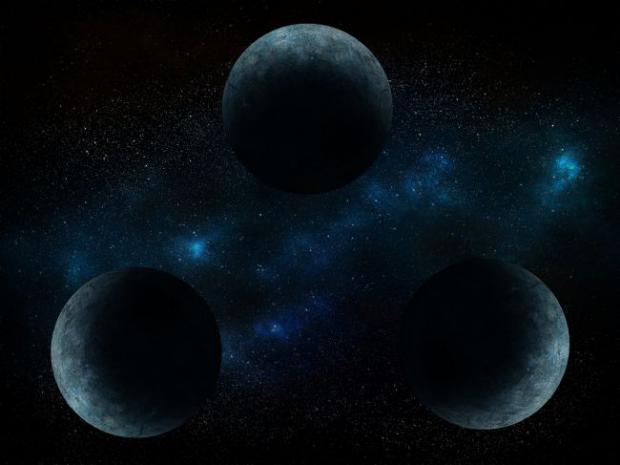
Breaking News
 Who Is ?@NickShirley?? | PBD Podcast | 710
Who Is ?@NickShirley?? | PBD Podcast | 710
 20 Cozy Ways to Celebrate New Year's Eve at Home
20 Cozy Ways to Celebrate New Year's Eve at Home
 The methylation switch: Scientists identify diet that can turn back the cellular clock
The methylation switch: Scientists identify diet that can turn back the cellular clock
 Americans are slaves for the wealthy elite's that write legislation along side corporations...
Americans are slaves for the wealthy elite's that write legislation along side corporations...
Top Tech News
 Laser weapons go mobile on US Army small vehicles
Laser weapons go mobile on US Army small vehicles
 EngineAI T800: Born to Disrupt! #EngineAI #robotics #newtechnology #newproduct
EngineAI T800: Born to Disrupt! #EngineAI #robotics #newtechnology #newproduct
 This Silicon Anode Breakthrough Could Mark A Turning Point For EV Batteries [Update]
This Silicon Anode Breakthrough Could Mark A Turning Point For EV Batteries [Update]
 Travel gadget promises to dry and iron your clothes – totally hands-free
Travel gadget promises to dry and iron your clothes – totally hands-free
 Perfect Aircrete, Kitchen Ingredients.
Perfect Aircrete, Kitchen Ingredients.
 Futuristic pixel-raising display lets you feel what's onscreen
Futuristic pixel-raising display lets you feel what's onscreen
 Cutting-Edge Facility Generates Pure Water and Hydrogen Fuel from Seawater for Mere Pennies
Cutting-Edge Facility Generates Pure Water and Hydrogen Fuel from Seawater for Mere Pennies
 This tiny dev board is packed with features for ambitious makers
This tiny dev board is packed with features for ambitious makers
 Scientists Discover Gel to Regrow Tooth Enamel
Scientists Discover Gel to Regrow Tooth Enamel
 Vitamin C and Dandelion Root Killing Cancer Cells -- as Former CDC Director Calls for COVID-19...
Vitamin C and Dandelion Root Killing Cancer Cells -- as Former CDC Director Calls for COVID-19...
The 'Three-Body Problem' Has Perplexed Astronomers Since Newton Formulated It...

The mind-bending calculations required to predict how three heavenly bodies orbit each other have baffled physicists since the time of Sir Isaac Newton. Now artificial intelligence (A.I.) has shown that it can solve the problem in a fraction of the time required by previous approaches.
Newton was the first to formulate the problem in the 17th century, but finding a simple way to solve it has proved incredibly difficult. The gravitational interactions between three celestial objects like planets, stars and moons result in a chaotic system — one that is complex and highly sensitive to the starting positions of each body.
Current approaches to solving these problems involve using software that can take weeks or even months to complete calculations. So researchers decided to see if a neural network — a type of pattern recognizing A.I. that loosely mimics how the brain works — could do better.
The algorithm they built provided accurate solutions up to 100 million times faster than the most advanced software program, known as Brutus. That could prove invaluable to astronomers trying to understand things like the behavior of star clusters and the broader evolution of the universe, said Chris Foley, a biostatistician at the University of Cambridge and co-author of a paper to the arXiv database, which has yet to be peer-reviewed.



